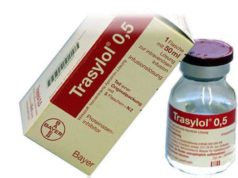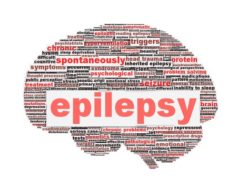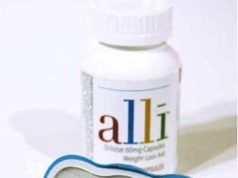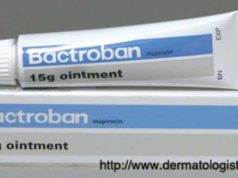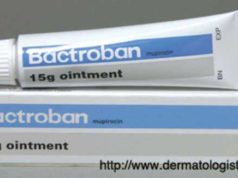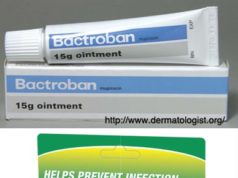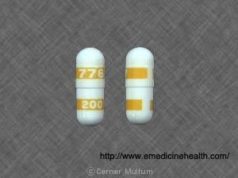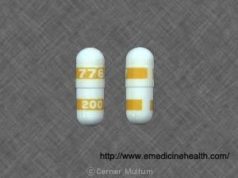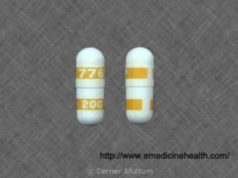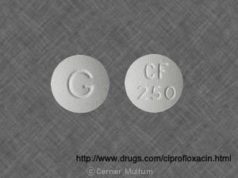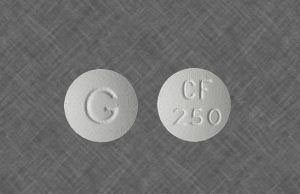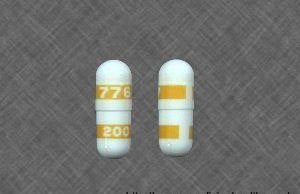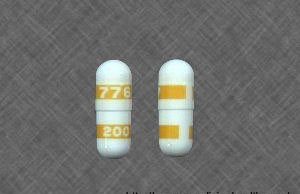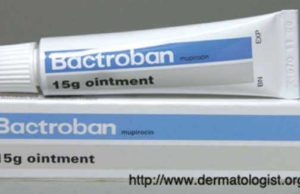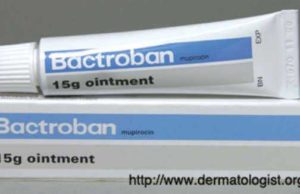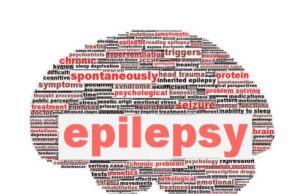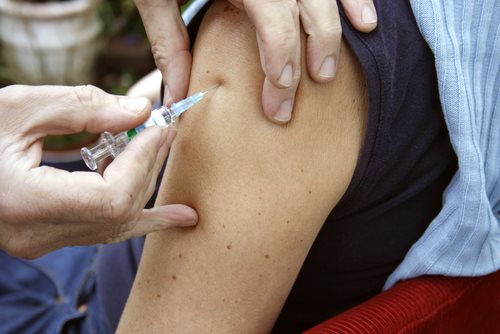
On November 8, 2012, the National Institutes of Health (NIH) announced that HIV-infected women may benefit from the vaccine for human papillomavirus (HPV)—even if they were already exposed to HPV.
The NIH reports that HPV is the most common sexually transmitted infection throughout the world. The virus can infect the genitals, mouth, and throat of males and females, and the virus is a leading cause of cervix cancer. Because women with HIV are more likely to develop conditions associated with the HPV virus, they vaccine may help prevent types of cancer and other conditions.
Jessica Kahn, M.D., with the Cincinnati Children’s Hospital Medical Center and the University of Cincinnati College of Medicine stated: “Health care providers may hesitate to recommend HPV vaccines after a girl starts having sex. However, our results show that for a significant number of young women, HPV vaccine can still offer benefits. This is especially important in light of their HIV status, which can make them even more vulnerable to HPV’s effects.”
The Centers for Disease Control and Prevention state that any girl from 11 to 26 should have the HPV vaccination. HPV-16 and HPV-18 are responsible for 70 percent of all cervical cancers, and HPV-6 and HPV-11 are responsible for 90 percent of genital warts.
During medical studies, researchers drew blood and tissue samples from 99 women between the age of 16 and 23 who were HIV-positive. 75 percent of the women were also infected with HPV, and 54 percent tested positive for a type of high-risk virus. Only 25 percent of the women were infected with HPV-18 and did not show evidence of a previous exposure.
Dr. Kahn continued on to note, “Even among women who test positive for one type of HPV, the vaccine may effectively prevent infection with others—especially high-risk forms that cause cancer. It’s important that doctors don’t withhold the vaccine in these cases, thinking that it’s too late for a vaccine to be effective.”
Source: National Institutes of Health

